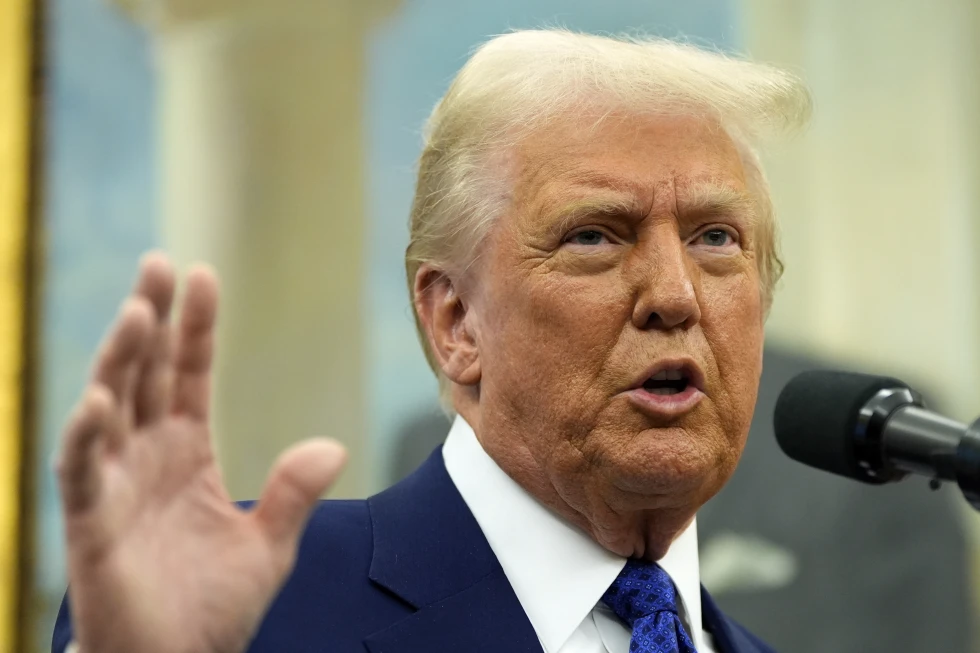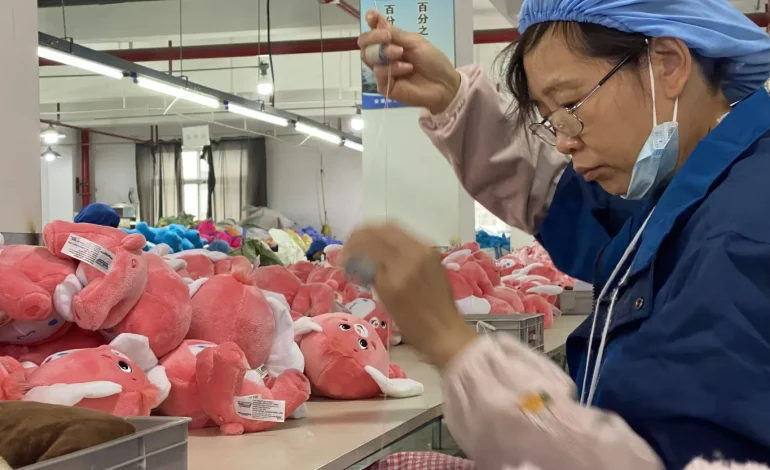China’s factory activity expanded at a slower pace in January as ongoing trade uncertainties and weakening export demand weighed on the manufacturing sector, according to a private-sector survey released on Monday.
The Caixin/S&P Global manufacturing Purchasing Managers’ Index (PMI) fell to 50.1 in January from 50.5 the previous month, marking a four-month low and missing analysts’ expectations of 50.5. While the index remained above the critical 50-point threshold, signaling growth, the decline underscores mounting challenges for the world’s second-largest economy.
This deceleration coincided with US President Donald Trump’s imposition of new tariffs, including a 10% levy on Chinese imports, as part of broader trade measures also targeting Canada and Mexico. Analysts warn that the tariffs, set to take effect this week, could further dampen China’s export-dependent sectors.
Despite export challenges, the survey indicated a modest uptick in domestic demand, with new orders rising at their fastest pace since November. Anecdotal reports suggested that some manufacturers ramped up production to stockpile goods ahead of the Lunar New Year holiday and the looming tariff deadlines.
However, export orders declined for the second consecutive month, reflecting softening international demand. Factories also cut their selling prices at the steepest rate since July 2023 as competition intensified and businesses sought to maintain market share.
One of the most concerning findings was the sharp drop in employment, with staffing levels falling at the fastest rate since February 2020. Manufacturers attributed the job cuts to rising cost pressures and reluctance to replace departing employees.
“Rising uncertainty in international policies could worsen China’s export environment, posing significant challenges for the economy,” said Wang Zhe, senior economist at Caixin Insight Group.
He emphasized the need for adaptable and responsive economic policies to navigate these uncertainties.
The Caixin survey results came on the heels of an official government report last week that showed a more severe contraction in manufacturing activity. The mixed indicators have fueled calls for additional economic stimulus measures to support growth.
Beijing has already introduced several policy measures to stabilize the economy, including consumer goods trade-in programs and support for industrial upgrades. Authorities have pledged to prioritize domestic consumption as a key growth driver amid ongoing trade tensions.
The Commerce Ministry announced that it would challenge the new US tariffs at the World Trade Organization, describing them as a “serious violation of international trade rules.” Beijing also hinted at possible countermeasures without specifying details.








